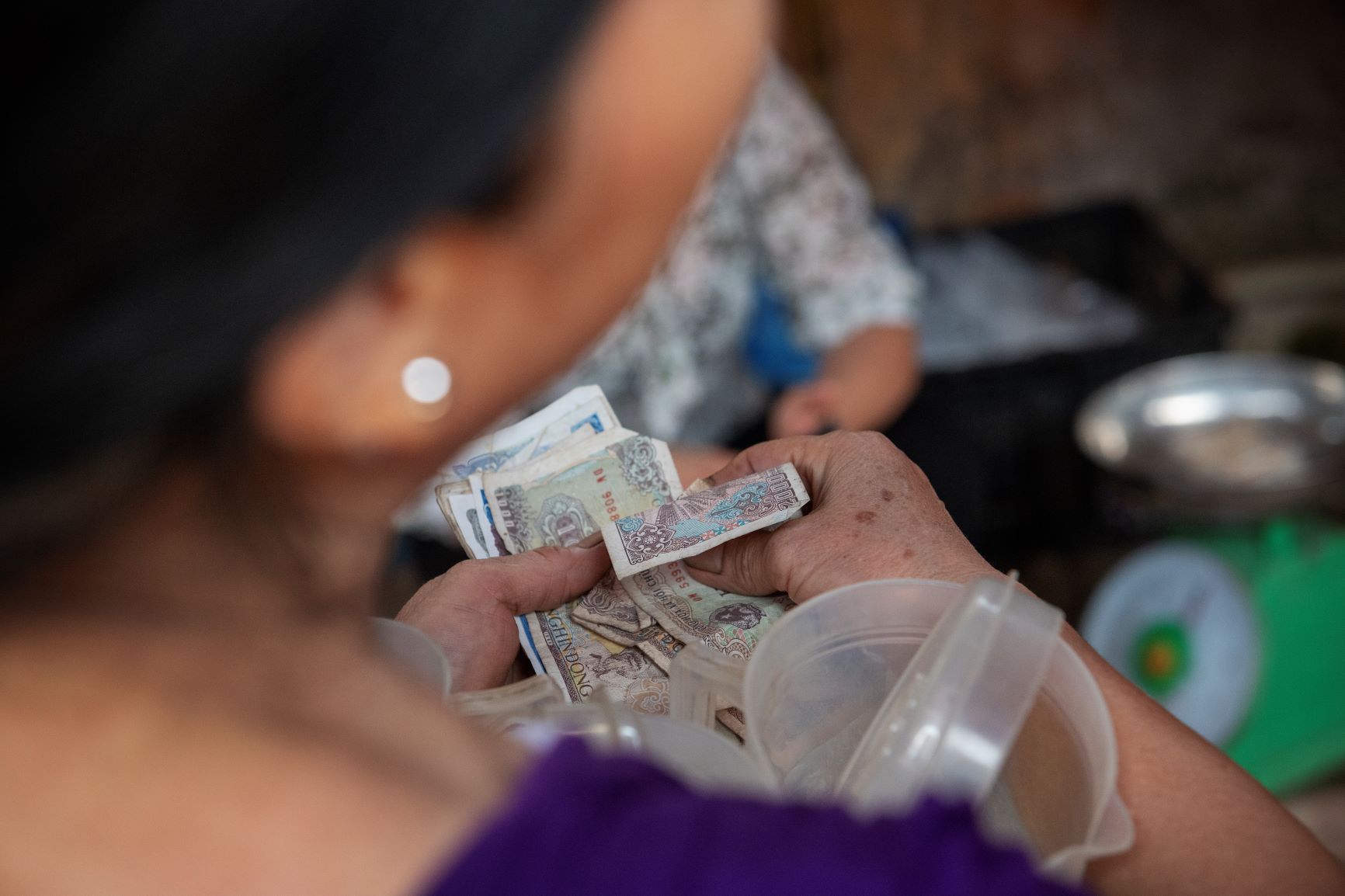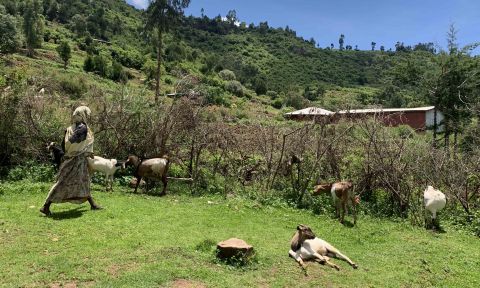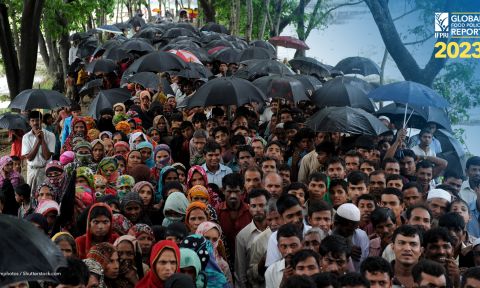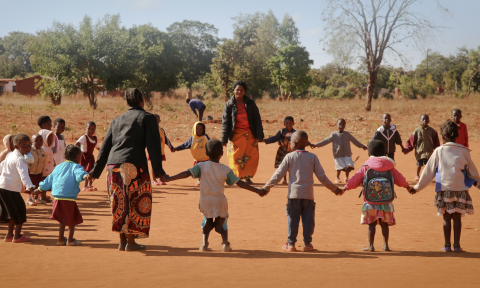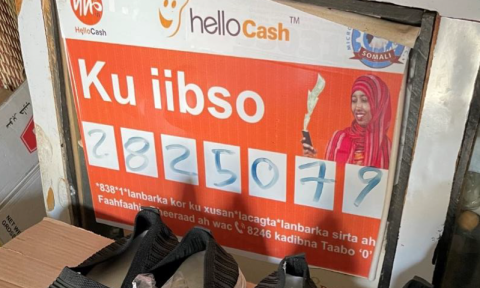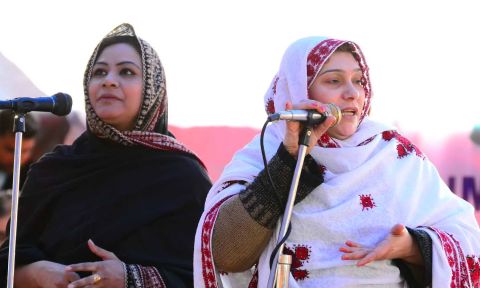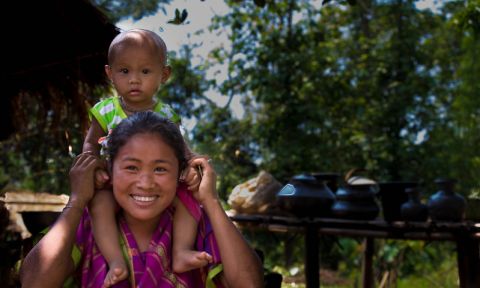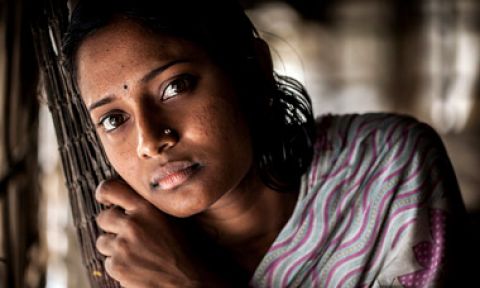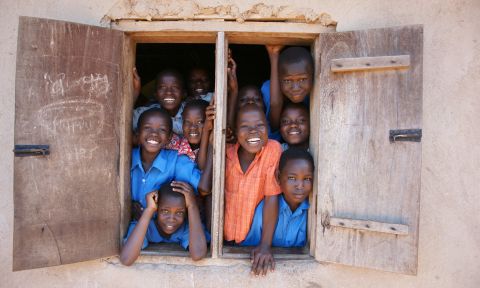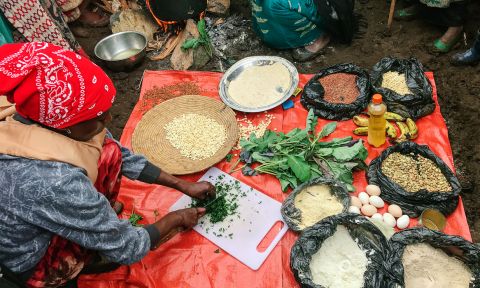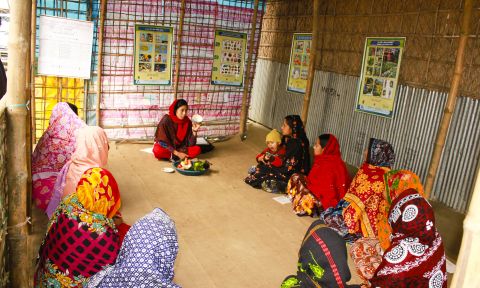Social protection programs are a powerful tool for alleviating poverty. They include conditional and unconditional cash transfers, food rations, public works programs, school feeding, and programs targeted to the elderly and disabled. By transferring resources to the poor, often with incentives to improve schooling and maternal and child health, these programs aim to limit the long-term effects of chronic deprivation and to reduce poverty traps.
IFPRI researchers use rigorous, state-of-the-art methods in impact evaluation to study the effects of both large national safety net programs and experimental pilot programs in developing countries. These studies compare social protection delivery strategies as well as linkages to complementary programs in schooling, nutrition, and financial inclusion to identify the most effective and cost-effective social protection program designs for reducing poverty and improving outcomes for the poor.
IFPRI’s research on this topic is closely aligned with the Sustainable Development Goals (SDGs), including SDG1, SDG2, and SDG16.
Transfers, nutrition programming, and economic well-being: Experimental evidence from Bangladesh
Impact of farmer-managed natural regeneration on resilience and welfare in Mali
The contributions of Public Works in watershed rehabilitation and irrigation in Bureau for Humanitarian Assistance supported Productive Safety Net Program areas of Ethiopia to resilience and nutrition
Key findings from midline evaluation of Egypt’s forsa graduation program
Promoting a bundle of biofortified seeds and agricultural inputs in northeastern Nigeria
Understanding intra-household food allocation rules: Evidence from a randomized social safety net intervention in Bangladesh
Myanmar Household Welfare Survey (MHWS), Round 1
Programme de Filets Sociaux Jigisemejiri: Baseline Survey
Programme de Filets Sociaux Jigisemejiri: Midline Survey
Replication Data for: Can Transfers and Complementary Nutrition Programming Reduce Intimate Partner Violence Four Years Post-program? Experimental Evidence From Bangladesh
A&T Ethiopia Complementary Feeding Baseline Survey 2015: Community
A&T Ethiopia Complementary Feeding Endline Survey 2017: Community
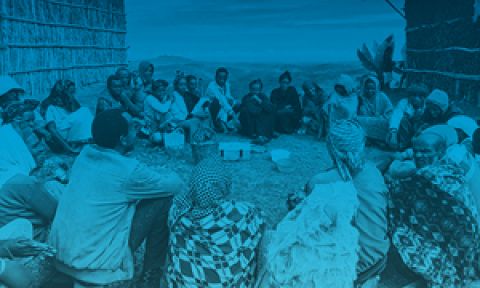 IFPRI Policy SeminarApr, 17 2024
IFPRI Policy SeminarApr, 17 2024Deepening Social Protection Systems: Enhancing livelihoods and health in Ethiopia
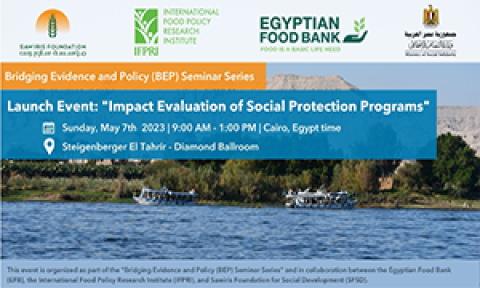 IFPRI Program/Country EventMay, 7 2023
IFPRI Program/Country EventMay, 7 2023Launch Event: Impact Evaluation of Social Protection Programs
 IFPRI Program/Country EventDec, 8 2020
IFPRI Program/Country EventDec, 8 2020Beyond COVID-19: Recommendations from Five Years of Policy Research in Egypt and Directions for the Future
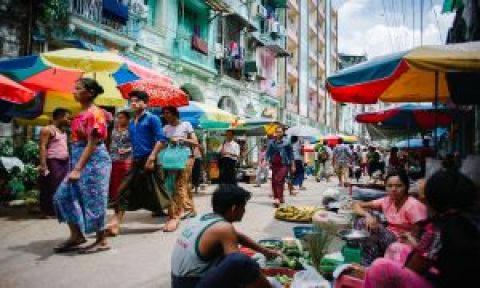 IFPRI Program/Country EventNov, 11 2020
IFPRI Program/Country EventNov, 11 2020Assessments of the Impacts of COVID-19 on Myanmar's food security and welfare
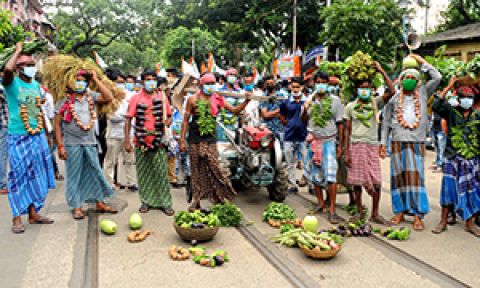 IFPRI Policy SeminarOct, 22 2020
IFPRI Policy SeminarOct, 22 2020Virtual Event - The political economy of COVID-19: Impacts on agriculture and food policies
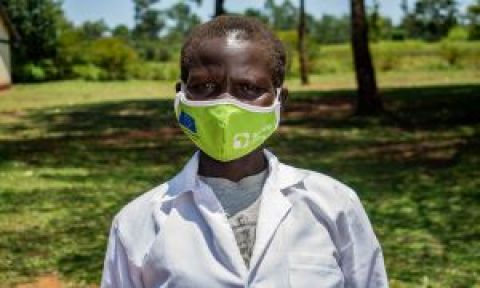 IFPRI at External EventOct, 21 2020
IFPRI at External EventOct, 21 2020IFIAD Annual Conference 2020
- In the News
Pandemic setbacks, malnutrition (Business World)
- In the News
Wheat crisis after energy (Borsa Gundem)
- In the News
Govt rolls out COVID-19 safety net (The Nation)
- In the News
Cashing in on mdonthera (The Nation)
- In the News
Food budget to be 16pc bigger (Daily Star)
- In the News
Reviving the farm economy (Business Standard)
- In the News
Agriculture remains in neglect (The Daily Star)
- Press Release
NEW STUDY: Dispelling Cash Transfer Myths in Africa
- Press Release
The World's Poorest People Not Being Reached
- In the News
Hard-nosed compassion (The Economist)
- Press Release
New Avian Flu Project to Focus on World's Poor Farmers

Daniel Gilligan
Director, Poverty, Gender, and Inclusion (PGI)
Akhter Ahmed
Senior Research Fellow / Country Representative, IFPRI Bangladesh
Aulo Gelli
Senior Research Fellow
Melissa Hidrobo
Senior Research Fellow
Kalle Hirvonen
Senior Research Fellow
Katrina Kosec
Senior Research Fellow
Agnes Quisumbing
Senior Research Fellow
Alemayehu Seyoum Taffesse
Senior Research Fellow/Program Leader- Ethiopia
Guush Berhane
Senior Research Fellow
Shalini Roy
Senior Research Fellow

